As an industrial city in Shandong province (eastern China), Zibo is emerging as one of the hottest tourist destinations in the country of a billion people. Although it does not possess many beautiful landscapes, this city also attracts visitors thanks to its "extremely delicious" barbecue, creating a fever since the beginning of the year. Videos with the theme of "Zibo barbecue" are played billions of times on Douyin or Xiaohongshu in a month, attracting a huge number of visitors here.
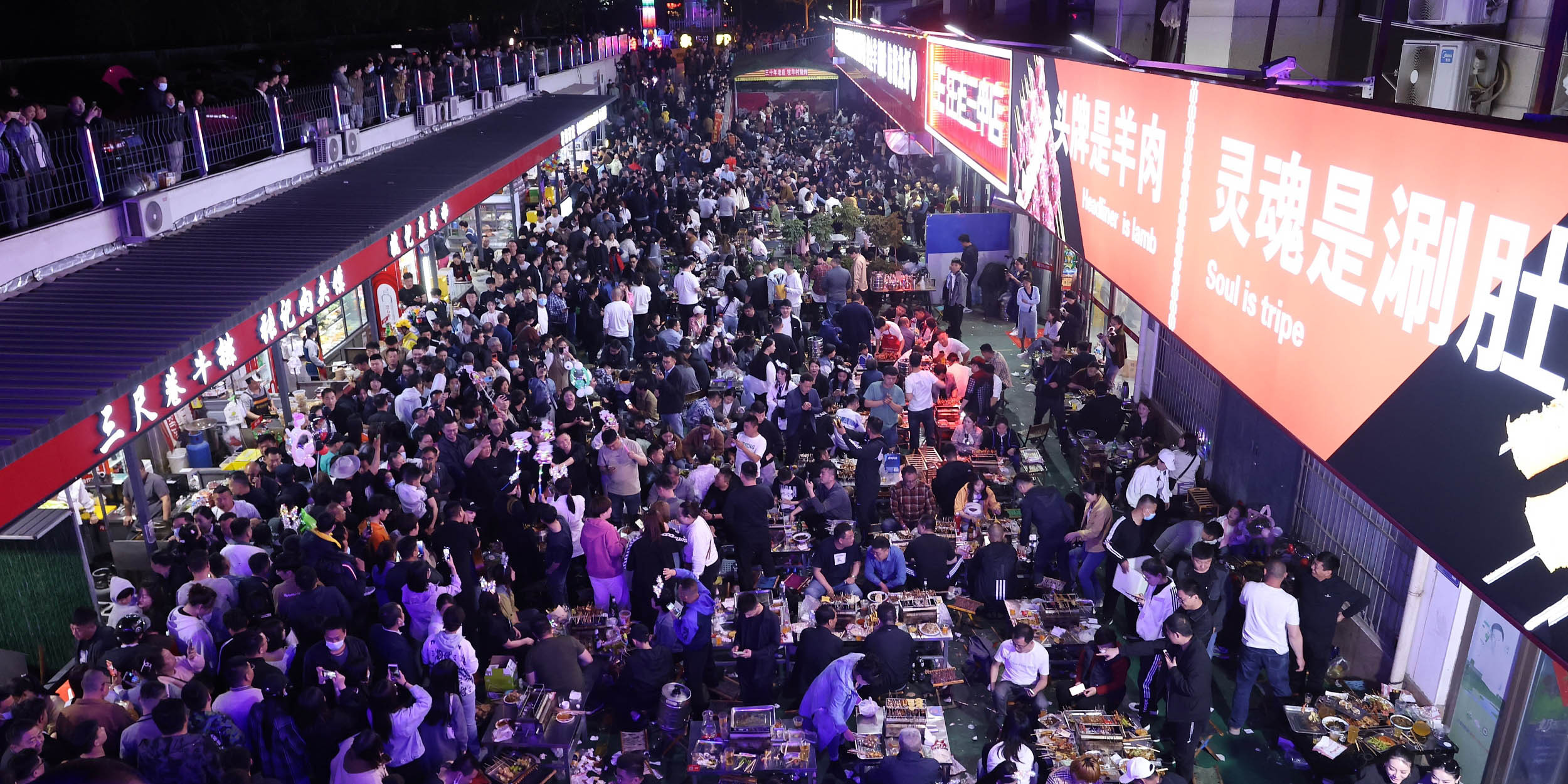
In March alone, the number of visitors to Zibo reached 4.8 million, more than the city's population (4.7 million). During the International Labor Day holiday alone, train and bus tickets to Zibo sold out in just one minute. A barbecue restaurant owner said that during the holiday, he could sell 20,000 skewers of meat a day. All restaurants were overloaded with customers, queuing from morning to night.
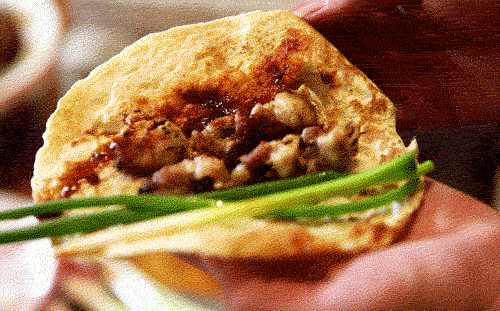 | 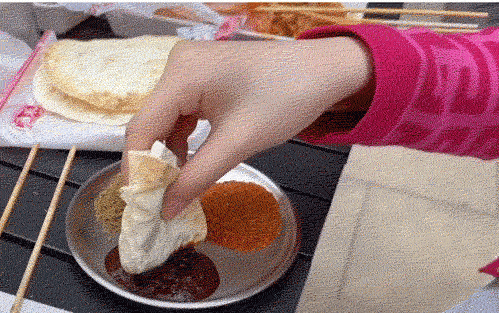 |
Zibo's traditional barbecue dish dates back thousands of years, and is richly marinated, grilled over charcoal, and served with pancakes, vegetables, fresh green onions, and sauce.
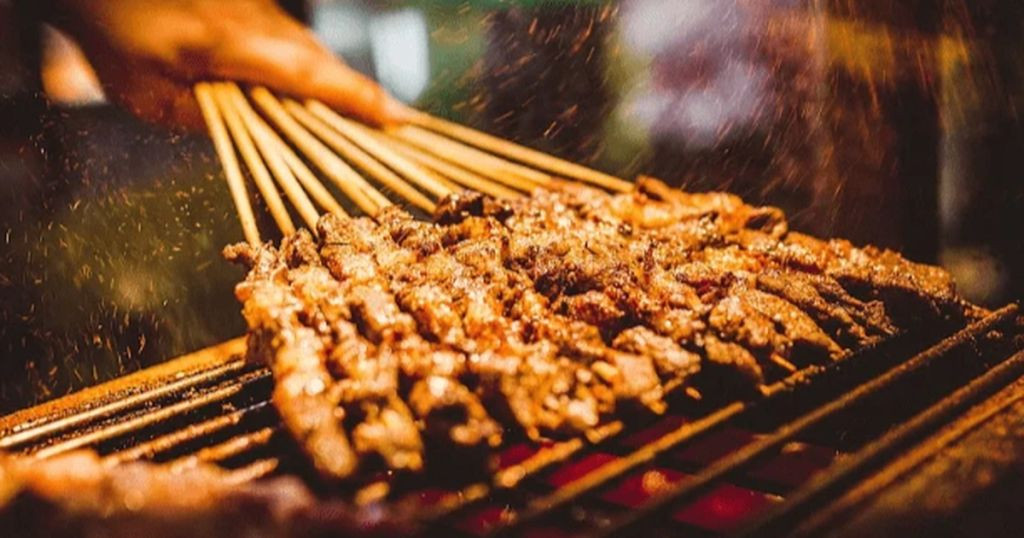
“The food was great, although the restaurant I went to was not one of the most recommended. But the barbecue ingredients were very fresh and the pancakes were crispy,” commented a user named Xiaohongshu, who traveled two hours from Jiangsu province to the city last week.

As domestic tourism in China has surged since the government lifted pandemic restrictions, some cities are trying to attract tourists, with some officials even dressing up to promote their local destinations. "Zibo barbecue" has become a popular hashtag on Chinese social media since the start of the year after young people were allowed to travel freely.

The barbecue is now so popular that thousands of people are taking a food tour of Zibo — the city's train station has seen record numbers of domestic and international passengers on weekends. Railway authorities have even had to add two extra high-speed trains between the provincial capital Jinan and Zibo every weekend to accommodate the growing demand.

Due to the surge in tourists, the local government in Zibo has now released a map of barbecue spots and added 21 new bus routes to facilitate urban transportation. Tourists can even visit some of the city's scenic spots for free.
Local media reported that some popular restaurants saw their revenues triple or quadruple, but at the same time some businesses were overwhelmed by the surge in tourists, with some even having to close for short periods to give their staff a break.
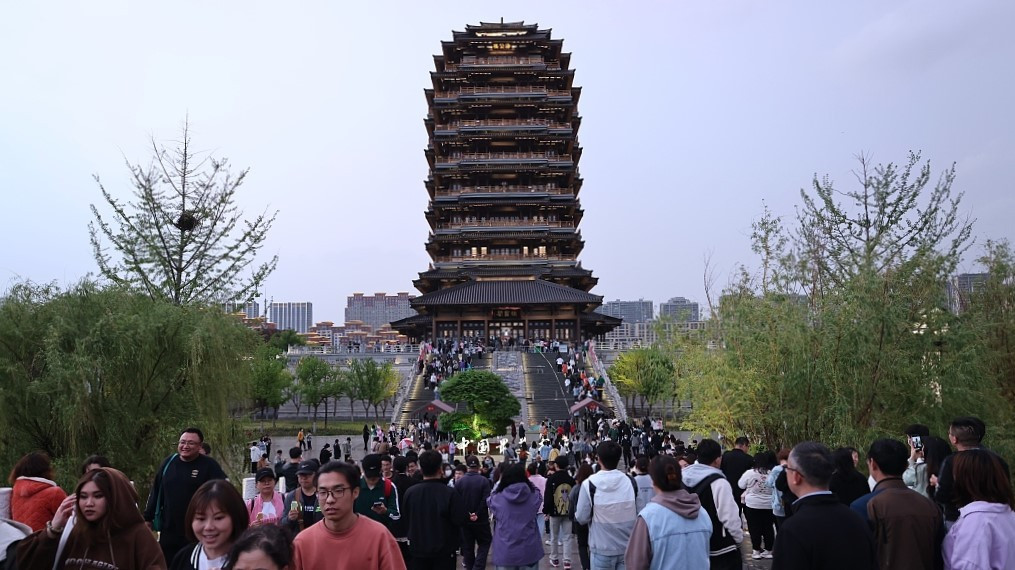
Cui Chunyang, a Zibo resident, said he was happy to see people flocking to visit his hometown, although he did not benefit from the "barbecue tourism" boom.
“We, the local residents, all cherish this precious opportunity for our old industrial city to develop tourism,” said Chunyang.
But some tourism experts say the popularity of social media hotspots tends to be short-lived and it will be difficult to transform Zibo's image from an industrial city to a tourist hub.

Sun Xiaorong, a member of the China Tourism Reform and Development Advisory Committee, told local media: “In addition to further strengthening the reputation of Zibo barbecue, it is important for the city government to meet other needs of tourists.”
Located about 450 kilometers southeast of China’s capital Beijing, Zibo is easily accessible by car or train. A high-speed train ride from Beijing takes a maximum of three hours and costs about 230 yuan (nearly 800,000 VND).
Synthetic
Source











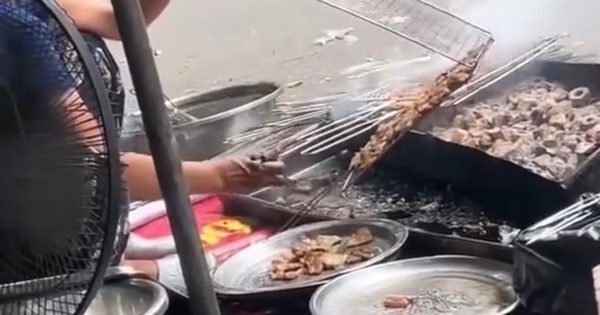



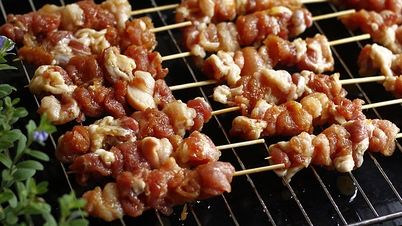


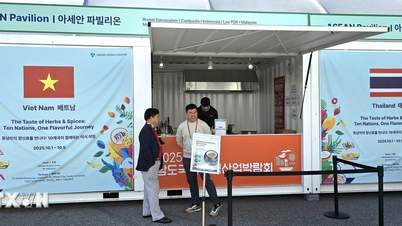


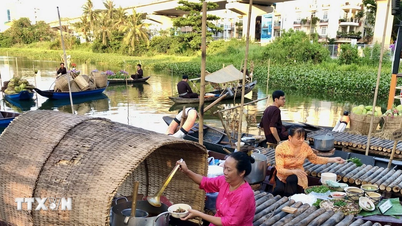
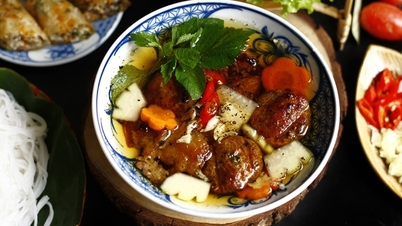


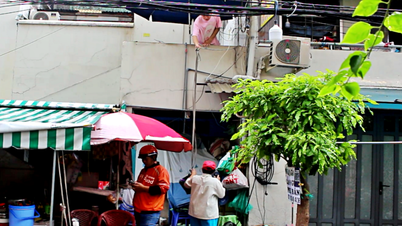





















































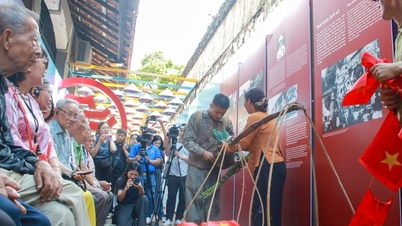


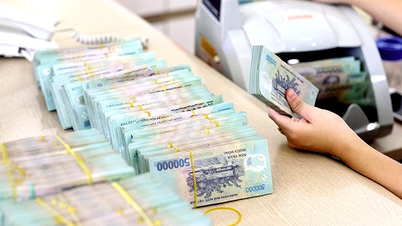

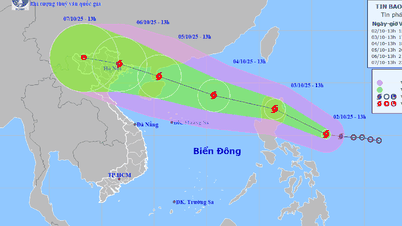




















Comment (0)